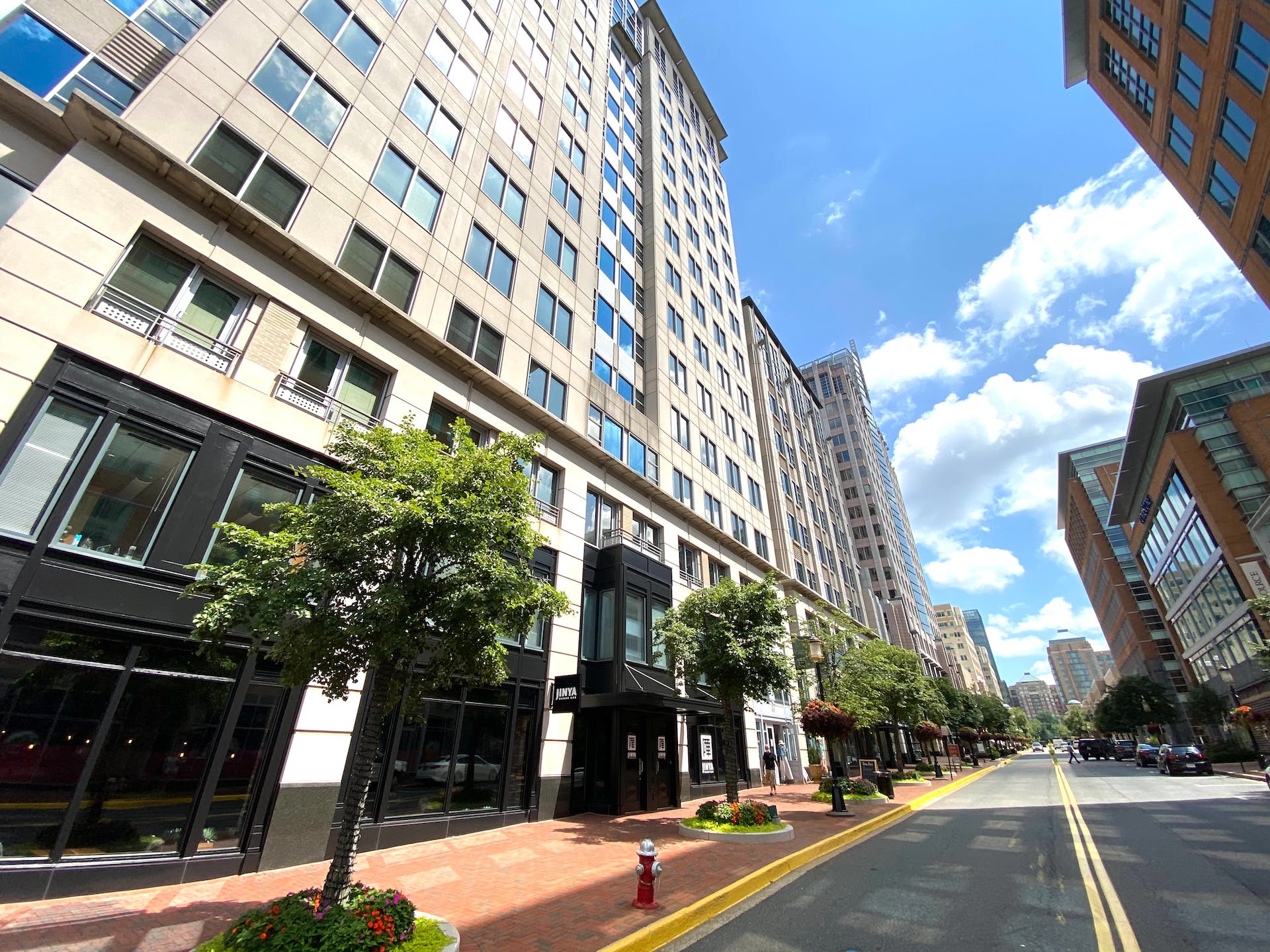

The Ripple Effect of Foreclosures on Property Values
Foreclosures occur when a homeowner fails to make mortgage payments, leading the lender to seize and sell the property. This process can significantly impact the real estate market, particularly the value of nearby properties.
Foreclosure Basics
In a foreclosure, the lender aims to recover the balance of a loan from a borrower who has stopped making payments. This often results in the property being sold at a lower price.
Check out this page to get a free home evaluation
Related Article: What are the Problems with Foreclosed Properties?
Related Article: What are the Benefits of Buying a Home in Foreclosure?
Related Article: Do You Get any Money if Your House is Foreclosed in Ontario?
Impact on Nearby Property Values
The presence of foreclosed properties in a neighborhood can lead to a decrease in the value of surrounding homes. This impact is multifaceted and extends beyond just financial aspects.
Price Depreciation
Foreclosed homes often sell for less than market value, setting a lower benchmark for nearby properties. This can lead to an overall decline in area property values.
Related Article: How Many Mortgage Payments Can You Miss Before Foreclosure in Canada?
Related Article: Do I Still Owe the Bank if My House is Foreclosed in Canada?
Related Article: What Happens to Tenants When a Property is Foreclosed in Ontario?
Perception and Neighborhood Appeal
Foreclosures can adversely affect the perception of a neighborhood. This change in perception can be a key factor in driving down property values.
Impact on Neighborhood Image
The increase in foreclosures can create a perception of economic decline, which can deter potential buyers and investors, further lowering property values.
Related Article: Can You Stop a Foreclosure Once it Starts in Canada?
Related Article: How Do I Find Pre-Foreclosures in My Area?
Related Article: What is the Simplest Solution For a Foreclosure?
Foreclosures and Market Saturation
A high number of foreclosures can lead to market saturation. This means more houses are available for sale than there are buyers, which typically results in lower property prices.
Oversupply in the Housing Market
When the market is flooded with foreclosed properties, the increased inventory pressures sellers to reduce prices, affecting the overall housing market value.
Related Article: How Long Does it Take to Foreclose on a House in Ontario?
Related Article: Does Foreclosure Hurt Your Credit?
Related Article: What is a Foreclosure Fee?
Long-Term Impacts on the Community
Foreclosures can have lasting effects on a community. They can lead to increased vacancies and reduced community investment.
Decrease in Community Investment
As property values decline, so does the incentive for homeowners and investors to maintain or improve their properties, leading to a potential decline in the overall appeal of the neighborhood.
Strategies to Mitigate Impact
There are strategies that homeowners and communities can employ to mitigate the impact of foreclosures on property values.
Community and Government Intervention
Efforts like community revitalization programs and government assistance can help stabilize neighborhoods affected by foreclosures, helping to maintain or recover property values.
Moving Forward: Real Estate Resilience
The real estate market has the potential to recover from the effects of foreclosures. Understanding market dynamics and community efforts can lead to resilience and recovery.
Building Market Resilience
By understanding the factors that lead to foreclosures and their impact on property values, stakeholders can develop strategies to build a more resilient real estate market.
For more information please visit jenjewell.ca
Conclusion
Foreclosures have a significant impact on nearby property values, affecting not just the financial aspect but also the perception and long-term appeal of neighborhoods. They can lead to market saturation, price depreciation, and decreased community investment. However, with strategic community and government interventions, the negative impact of foreclosures can be mitigated. Understanding these dynamics is crucial for homeowners, real estate professionals, and community leaders, especially in regions like Ontario, where the real estate market is continuously evolving. By fostering resilience and adopting proactive measures, communities can navigate the challenges posed by foreclosures and work towards maintaining healthy and stable property values. [ 1 ]
References
1. https://www.thebalancemoney.com/foreclosure-sales-affect-home-values-1798174


